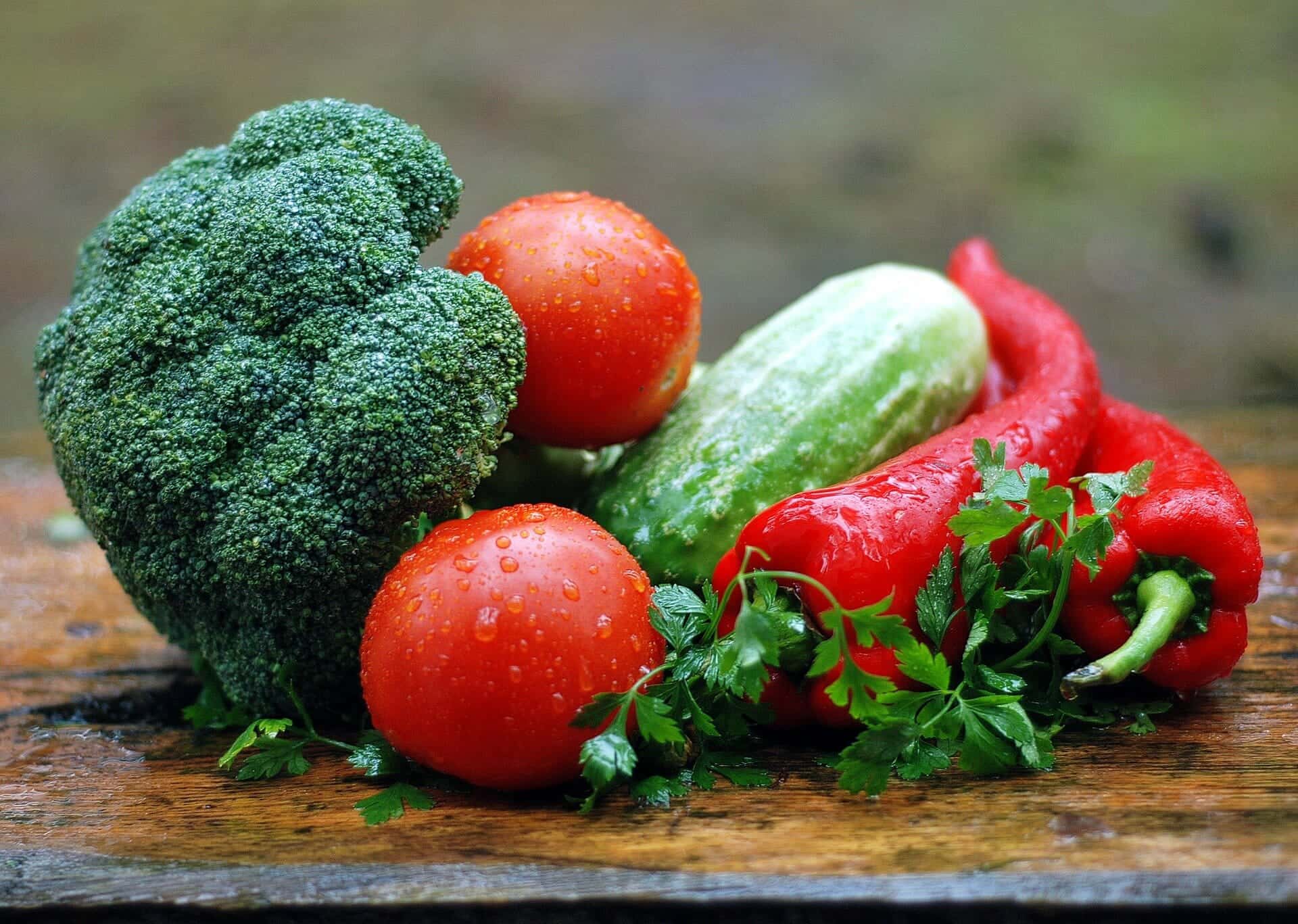The UAE’s Minister of State for Food Security Mariam Hareb Almheiri has urged the world to take the pledge of net zero hunger seriously.
The world must act, and act now, if we are to reach zero hunger by 2030, she said at the United Nations (UN) Food Systems Summit on Friday, September 24.
She stressed the need for urgency during her speech at the all-virtual summit, which is being held on the sidelines of the UN General Assembly’s 76th session in New York.
Almheiri said there was no more time for planning in the run-up to 2030 — a timeframe that the UN has designated the Decade of Action.
She reiterated that the combined efforts of all actors was necessary for the world to meet the UN’s Sustainable Development Goals, in particular SDG 2.
“The magnitude of the task that faces the global community in meeting SDG 2 — Zero Hunger by 2030 — is clearly huge. The reality of the situation is that we were already struggling to meet Sustainable Development Goals by 2030. Covid has, in effect, moved the finish line,” said Almheiri.
“What is needed is a concerted and unrelenting effort from all stakeholders — governments, NGOs and citizens – to accelerate the transformation of food systems that is necessary to get the world back on track. There is no more time to talk. We have to act and act now,” she added.
Almheiri also outlined how the UAE’s National Pathway for Food Systems Transformation could set a path to lead the global community to reach SDG 2, with its commitment to remodeling its own food security through employing technology, innovation and sustainability, creating a template for other countries to follow.
“In support of the 2030 Agenda, the United Arab Emirates has instituted a National Pathway for Food Systems Transformation that aims to meet its own food security objectives in tandem with delivering on the SDGs. Our vision and pathway for this transformation is derived from the UAE’s Vision 2021 and the National Food Security Strategy 2051, which aims for our country to be a global leader in innovation driven food security within the next 30 years,” she continued.
“Our National Food Security Strategy has five strategic goals that includes strengthening our food supply chains, increasing innovation in our food value chain, reducing food loss and waste, improving food safety and nutrition, and mitigating food risks and crises. The long-term aim of the strategy extends beyond the SDG timeline, but we have already set down firm roots for initiatives that will bear fruit within the next 10 years,” Almheiri added.
During her address, the minister said that while the coronavirus has been an agent of devastation for humanity, it has also been a catalyst for positive change, with the pandemic having accelerated the adoption of technology in business and pushed companies over the technology tipping point, transforming the way they operate. She said that the world should seize this opportunity to effect the same transformative change with its food systems.
Almheiri concluded her speech by highlighting how the UAE’s recently launched Food Tech Valley aimed to triple the UAE’s food production through adopting and implementing the latest technology across the food value chain. She detailed how the new city will use modern farming techniques and the latest agri-technologies to produce over 300 varieties of crops, with the facility representing the future of food.







